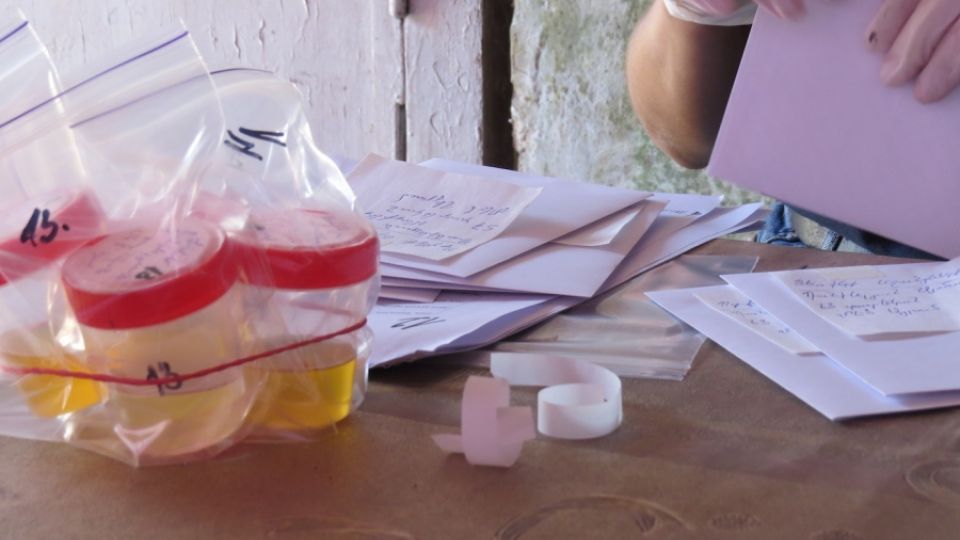The residents of the Akhtala enlarged community in Armenia are concerned about the health of their children because of the concentrations of arsenic and other dangerous heavy metals in children's organisms found during recent biomonitoring conducted by Arnika, CCMS, and EcoLur. The chemical pollution of the Tumanyan region in Lori Marz affects the health of the most vulnerable groups, women and children, and limits the opportunities for socio-economic development and income. The sources of chemical pollution are the mining and metallurgical enterprises concentrated in Akhtala and neighbouring Alaverdi and Shnogh.
“It is concerning that arsenic with a high concentration of 58 μg/g creatinine was found in the urine of a ten-year-old boy living in the affected mining area. Arsenic was also detected in biological samples of other children who took part in our study,” said a Czech expert in the field of the impact of pollution on health, Dr. Miroslav Suta, during an online conference held on 15 December 2020 within the framework of the program "For the Clean Development of the Tumanyan Region". “All urine samples from the extended Akhtala community showed the presence of arsenic in the range of 6 to 58 µg/g creatinine. The highest levels were recorded among children living near the Nahatak tailings pond.” Another health risk in the affected area is cadmium, which exceeded the control values. The highest cadmium content was found in the inhabitants of Pokr Ayrum and Mets Ayrum. These results confirm the findings of previous studies on the health risks the region's population is exposed to.
Research on the impacts of contaminated areas on human health in the settlements of Mets Ayrum, Pokr Ayrum, and Chochkan in the Lori Marz was conducted in 2020 by Arnika, together with its Armenian partners “Centre for Community Mobilization and Support” (CCMS) and the information NGO “EcoLur”. Analyses of more than 70 samples from the local people were performed in an accredited laboratory of the Health Institute in Ústí nad Labem (Czech Republic) and the content of arsenic, cadmium, copper, nickel, and lead in the urine samples was examined. For comparison, samples were also taken from the residents of Tavush Marz, which is considered ecologically safe and where the results – in contrast to the area of interest – confirmed the absence of heavy metals from the biological material.
"The deterioration of the health of the residents is obvious; they talk about it frequently during meetings and personal conversations. Agriculture is in danger. It’s difficult to sell products on the local market, and harvests are declining as a result of long-term pollution," said Oleg Dulgaryan, president of the “Centre for Community Mobilization and Support” NGO. “The local population has shown increased interest in tackling pollution and its negative impact on life in these communities. Therefore, we consider it necessary to inform people in time and explain to both residents and officials what the research results mean for them in practice,” added the coordinator of the program "For the clean development of the Tumanyan region", Valeriya Grechko, from Arnika (Czech Republic).
A sociological survey conducted among residents of the affected community showed that the respondents are concerned about the state of the environment in their region. A significant group of people has therefore decided to defend their rights in court, demanding compensation for damage to health and economic, environmental, and social damage. For this purpose, the project’s legal expert on environmental issues, Nazeli Vardanyan, conducted an analysis of the legislative field to help the people who are affected to protect their social and environmental rights in court. Both Oleg Dulgaryan and Valeriya Grechko hope for the research to continue in order to create a database of chemical pollution that will make it easier for residents to fight for their rights.
Video made by EcoLur dedicated to heavy metals issue in Tumanyan Region:
Our activities are funded by the Ministry of Foreign Affairs of the Czech Republic from the Transition Promotion Program.








